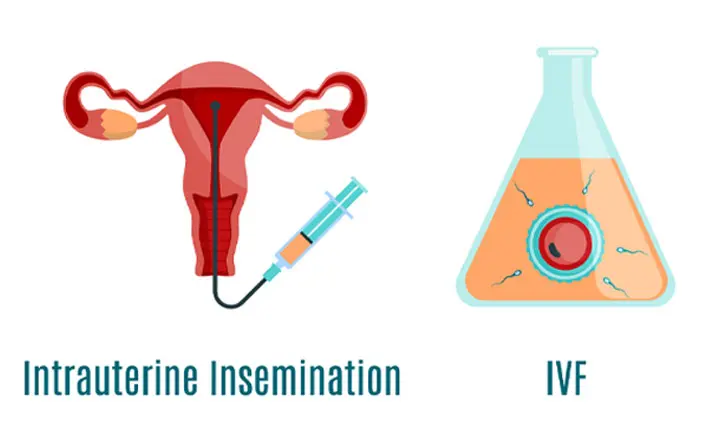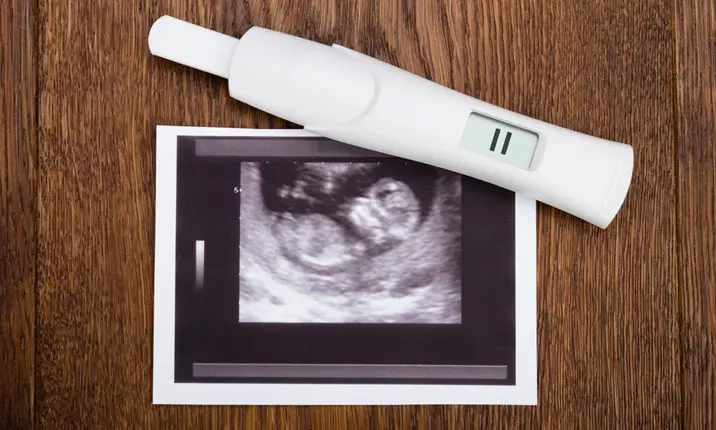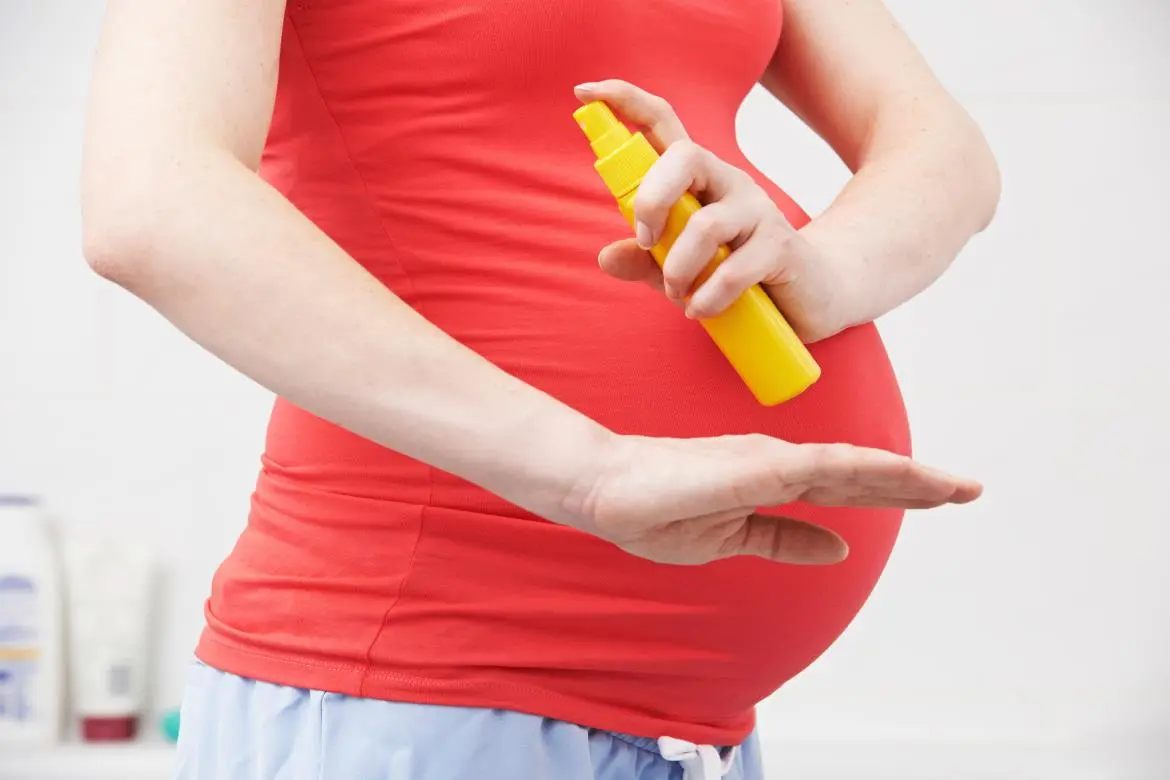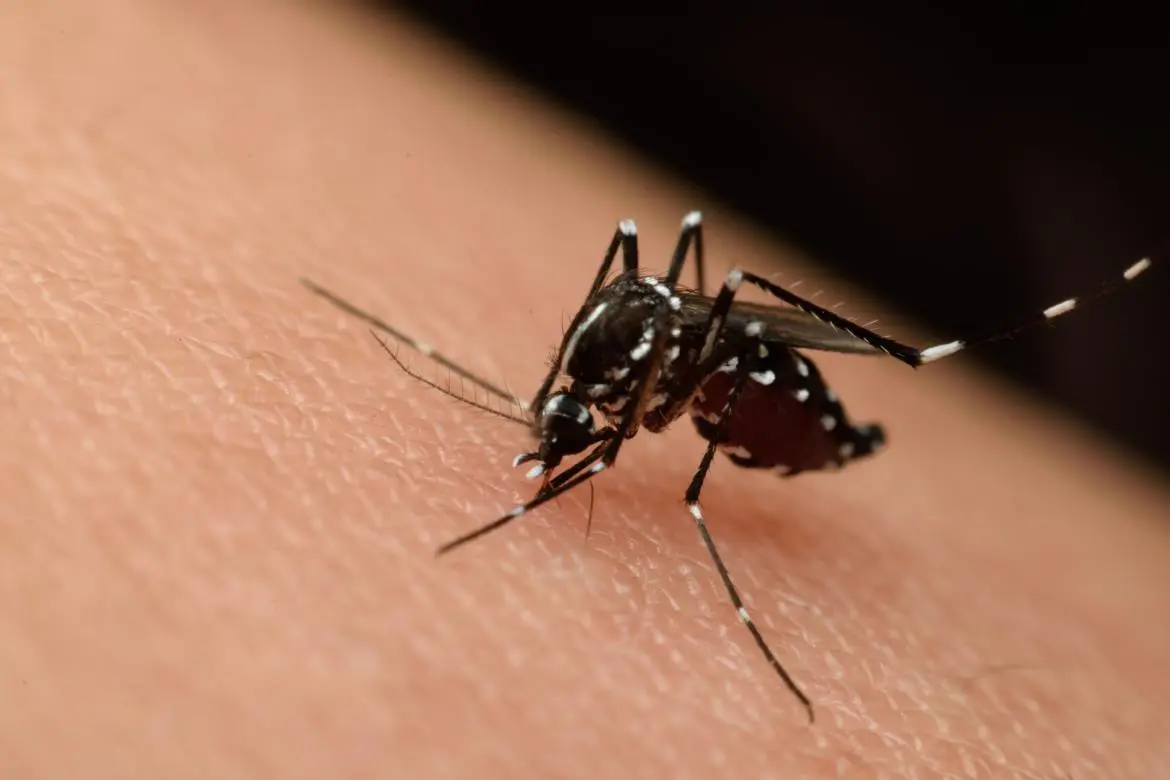

Source: Shutterstock
Trying for a Baby After 35? Here are 7 Things to Consider
Last updated: Friday, June 6, 2025 | 5 min reading time
Dr Lim Min Yu, obstetrician & gynaecologist at Gleneagles Hospital, shares more on fertility and the effectiveness of IVF treatment in helping older couples conceive.
The growing trend for couples in Singapore is to wait until they are financially secure before they start a family. This often means they delay trying for a baby until their mid-30s.
Learn more about the factors couples should consider when having a baby after 35 and the medical options available to help them conceive.
Why does fertility decline with age?
Fertility in both men and women declines with age due to several biological reasons.
A woman is born with all the eggs she will ever have and, as she gets older, the number and quality of her eggs decline.
According to Dr Lim, a woman's fertility starts to decline considerably after 35. Beyond 40, the chances diminish further. When she starts to go through menopause around 50 years of age, her chances of becoming pregnant naturally are almost zero. In summary, a woman's age is the most important factor when it comes to her chances of conceiving.
Men, on the other hand, continue to produce new sperm throughout their lives. However, both the count and quality decline with age.
How to improve your chances of getting pregnant
You can improve your chances of getting pregnant by understanding your menstrual cycle. For women with regular cycles, ovulation occurs around two weeks before the onset of your period. Having sex in the days before and after ovulation can make it easier to conceive.
Women who have irregular cycles may find it more difficult to estimate when ovulation occurs.
To learn more about fertility, speak to an obstetrician and gynaecologist.
How does stress affect fertility
Busy lifestyles, the anticipation of planning for a family, and the pressure of trying to conceive can be stressful. In addition, you also need to be considerate of your partner's needs on this journey.
This build-up of stress can affect a couple's chance of conception.
While getting stressed now and then is natural, experts believe that higher levels of stress-related hormones like cortisol can disrupt your menstrual cycle and ovulation, especially if you suffer from prolonged or chronic stress.
In addition to these biological factors, there are also lifestyle factors to consider, as women who are stressed may have sex less frequently, and are also more likely to consume more caffeine and/or alcohol, or smoke more.
Things that can help when you are trying for baby
As stress can make it even more difficult for you to get pregnant, it is important for you to learn to manage stress and practice self-care by looking after your physical and emotional health.
"I've seen cases of couples who have failed to conceive despite In-vitro fertilisation (IVF) treatment, then become pregnant naturally when they stop trying or while on holiday as they let their guard down and take the focus off conceiving," says Dr Lim. "A more relaxed mental state gives them a higher chance of getting pregnant."
Some women also find it helpful to practice yoga, deep breathing or meditation as a way to reduce stress.
Here are some other things to consider that could help improve your chances of getting pregnant:
Exercise
Moderate exercise can help improve your overall health and even help to reduce stress, which can help improve your chances of conceiving. If you're not already active, it is best to start with simple things like daily walks. Be cautious of doing too much, as excessive exercise can have the opposite effect and interfere with ovulation.
Maintain a healthy weight
If you are significantly overweight or underweight, you may face more difficulty conceiving. Being overweight also increases your risk for gestational diabetes and high blood pressure.
Diet
Try to consume a balanced diet and eat more whole foods which contain less salt, sugar and preservatives. You should also drink more water, eliminate caffeine and reduce your intake of sugary drinks.
Women who are planning to get pregnant should also start taking prenatal vitamins that contain at least 400mg of folic acid to reduce the risk of birth defects.
Other lifestyle changes
If you are planning to conceive, it is best to quit smoking and alcohol as these are associated with higher risk of low birth weight, birth defects, miscarriage and stillbirths.
Facing infertility as a couple
When it comes to pregnancy difficulties, one-third of infertility cases are attributed to the woman, one-third to the man and one-third to the combination of both partners.
As difficulties in conceiving isn't solely a women's issue, Dr Lim recommends couples consult an obstetrician and gynaecologist together so that all possible reasons can be investigated and eliminated or treated.
He also notes that approaching infertility as a couple enables them to support and draw strength from each other. Helping (and not judging) your partner during this stressful time is key to a happy and healthy fertility journey.
Going for fertility screening early
Fertility issues are more common than people realise. With 1 in 6 couples facing issues with fertility, Dr Lim advises younger couples to seek medical advice if they have been trying to conceive for a year without success. Couples over 35 years shouldn't put off seeing a fertility doctor longer than 6 months into trying for a baby.
"Going for fertility screening at an earlier stage will help to identify problems and rectify them early," says Dr Lim. "These include structural issues like polyps found in the uterine cavity, or endometriosis, which have been known to impair infertility and surgery can improve conception rates."
"If no issues are found during fertility screening, you can then weigh up the decision to start a family later when age alone is the infertility risk factor."
Simply put, fertility screening is the most responsible and reassuring way to become a parent. It lays the groundwork for couples to either try for a baby with confidence or seek help quickly and early, and bypass the stressful and discouraging experience of trying unsuccessfully for years without knowing the reason.
In vitro fertilisation (IVF) and Intrauterine insemination (IUI)
IVF isn't the only option available when trying to conceive, and the treatment your doctor advises very much depends on your medical history and the investigative findings.
For example, intrauterine insemination (IUI), is a simpler and more cost-efficient procedure which involves placing a concentrated amount of sperm inside the woman's uterus. It is often recommended for younger couples with less fertility issues. However, if the fallopian tubes are blocked, or if the count or motility of the sperm is low, in vitro fertilisation (IVF) is usually recommended.
Your doctor will be in the best position to advise you on the ideal option for your unique circumstances.
What to expect with IVF
In this process, the woman undergoes a series of fertility injections over 10 – 14 days, which help increase the number of eggs developed over that time. At an optimal time, the eggs are retrieved and then fertilised with her husband's sperm in the lab. The embryos are then grown in a special incubator for 3 – 5 days. Finally, the best embryo(s) are selected and implanted into the woman’s uterus.
In Singapore, you can have 2 embryos transferred at a time or up to 3 in specific circumstances.
"There is a move globally to reduce this to one embryo per transfer due to the increased risks to the mother and babies in a multiple pregnancy," Dr Lim adds. "Studies have also shown that multiple embryo transfers do not increase the chances of pregnancy compared to cumulative single embryo transfers."
IVF is not always the golden ticket
With IVF, you still have the same challenges with ageing eggs and sperm as you would normally, so while this treatment may help improve your chances of becoming pregnant in a given cycle, the chances still decrease with age.
Maintaining a healthy lifestyle and diet, and exercising regularly, can also help to increase your odds.
"Overall, couples have a 30 – 35% chance per cycle of becoming pregnant with IVF. This will vary with the woman's age. Women under the age of 35 have a 40 – 50% chance of becoming pregnant per cycle while those over 45 have only a 1 – 2% likelihood of success per cycle," shares Dr Lim. "If you are not successful in your first try with IVF, the chance of success in your second cycle will still be the same, that is, 30 – 35% overall."
That is not to say, however, that for those patients over 40 with a low chance of success per cycle, you should never try again.
Dr Lim shares: "I recall a case where a patient of mine only had one egg collected, and, despite the challenges, she successfully delivered a baby through IVF. It's heartening to know that for some couples, despite slim odds, hope still exists."
To learn more about fertility screening and treatment options available, speak to an obstetrician and gynaecologist.
(22 July 2019) How to Increase Your Chances of Getting Pregnant. Retrieved 12 October 2021 from https://www.healthline.com/health/pregnancy/how-to-increase-chances-of-getting-pregnant
(20 February 2020) How Stress Can Hurt Your Chances of Having a Baby. Retrieved 12 October 2021 from https://www.webmd.com/baby/features/infertility-stress#1
(14 October 2013) Infertility and stress. Retrieved 12 October 2021 from https://www.mayoclinichealthsystem.org/hometown-health/speaking-of-health/infertility-and-stress
(18 February 2016) A 30-Day Guide to Prepare Your Body for Pregnancy. Retrieved 12 October 2021 from https://www.healthline.com/health/pregnancy/how-to-prepare-your-body
(23 March 2016) Expert Advice on the Easiest Way to Get Pregnant. Retrieved 12 October 2021 from https://www.healthline.com/health/pregnancy/easiest-way-to-conceive
(20 February 2020) How Stress Can Hurt Your Chances of Having a Baby. Retrieved 12 October 2021 from https://www.webmd.com/baby/features/infertility-stress#1
(14 October 2013) Infertility and stress. Retrieved 12 October 2021 from https://www.mayoclinichealthsystem.org/hometown-health/speaking-of-health/infertility-and-stress
(18 February 2016) A 30-Day Guide to Prepare Your Body for Pregnancy. Retrieved 12 October 2021 from https://www.healthline.com/health/pregnancy/how-to-prepare-your-body
(23 March 2016) Expert Advice on the Easiest Way to Get Pregnant. Retrieved 12 October 2021 from https://www.healthline.com/health/pregnancy/easiest-way-to-conceive
 Brain & Spine Care
Brain & Spine Care











